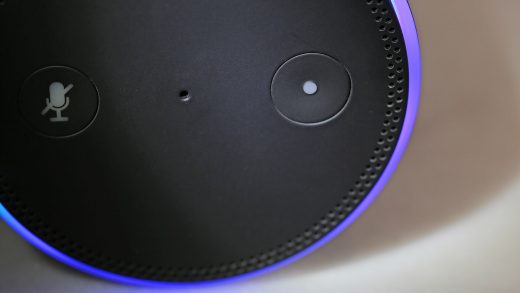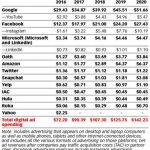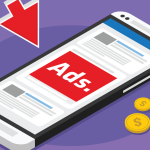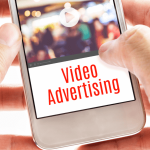What will paid advertising look (sound) like on Amazon’s Echo and Dot?
Amazon is looking to bring paid search to Alexa, but exactly what does that mean? Columnist Justin Freid explores some possibilities.
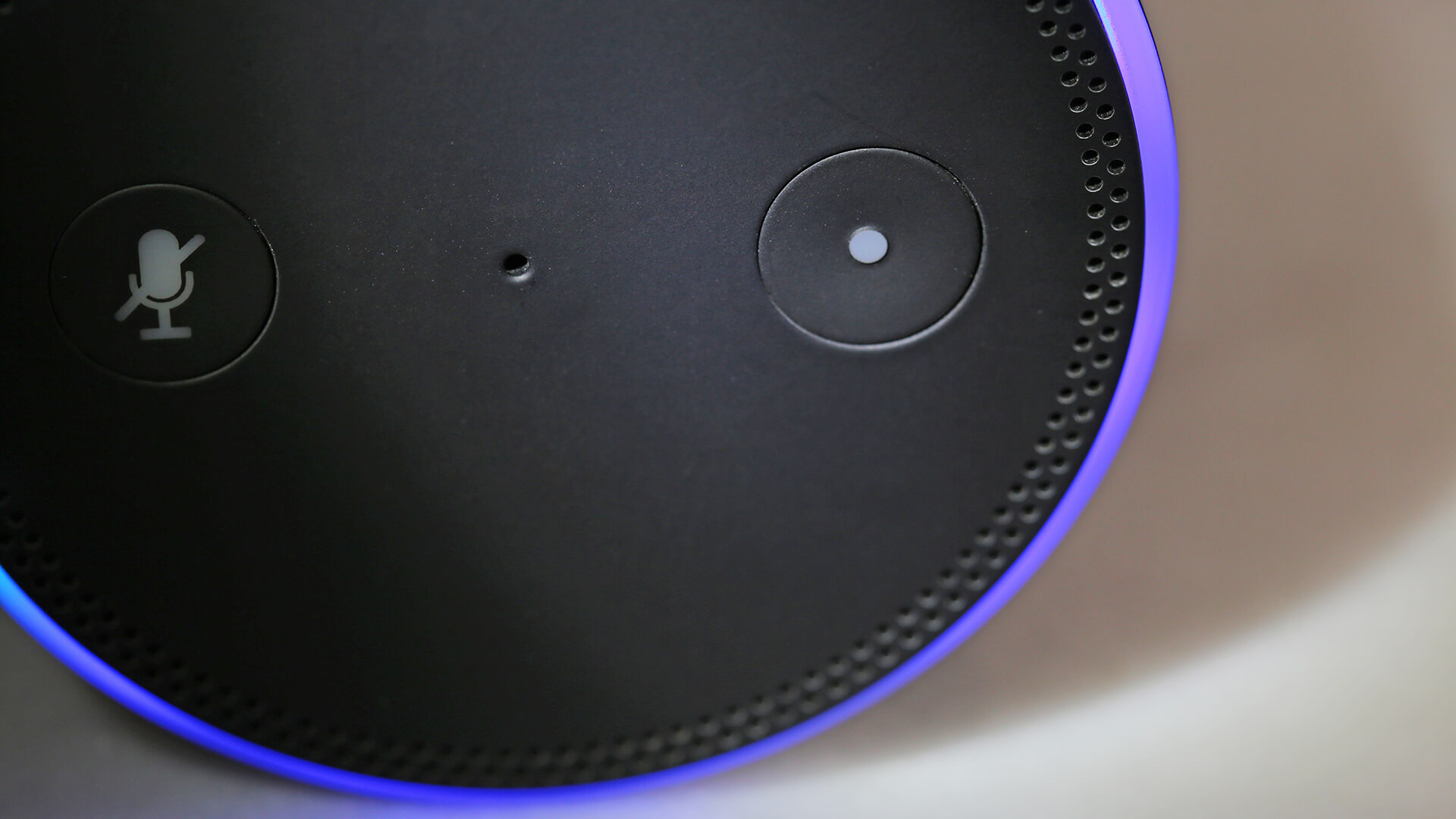
In late January, Amazon made the announcement that they are looking into how to monetize their Echo and Dot smart home devices through paid advertising. This sent the advertising industry into a state of excitement. With Amazon having sold more than 5 million devices since launch, there is ample opportunity for advertisers to reach consumers.
With so many functionalities of devices like Amazon’s Echo and their competitor, Google Home, the possibilities for advertisers seem endless. But how exactly could Amazon allow advertisers to engage their user base?
Promotion of similar products
One of the easiest-to-use functions of Amazon’s Echo is the ability to order items from your previous order history, or even search and purchase new items. Why not let advertisers who sell similar products pay for a five- to 10-second ad? Amazon could use its current ability to see similar purchased items to ensure that data is overlaid and only serves ads for products that are relevant.
For example, if you tell Alexa, “Purchase another bottle of Tide,” an advertiser might be able to pay for a short ad that said, “Did you know a 64 ounce bottle of Gain only costs $9.44 as part of Prime Pantry?”
This type of advertising would not disrupt the searcher, and it would provide him or her with a valuable alternative or even an add-on product to what they are currently purchasing.
Be part of Amazon’s Deals of the Day
Amazon already has a great Deals of the Day functionality. You may have seen them promote this program through ads on Instagram. This provides a great opportunity for brands who are already offering great deals on Amazon.
While data is not out on how many people ask Alexa to hear about the deals of the day, ensuring a brand’s deal is read first to customers actively looking for great deals could be extremely beneficial. If your brand is already offering a great deal, why not promote it and get more attention?
Providing access to content through sponsorships
Prime Music and the audio book service Audible are popular ways to access content through your Amazon Echo. But those who don’t subscribe to these services may only be able to access certain content. A brand, artist or company could easily take advantage by sponsoring certain Prime Music channels or artists, as well as providing access to content on Audible.
An example: when Alexa is asked to play a specific artist (e.g., “Alexa, play songs by Rihanna”), an advertiser could sponsor that artist and allow access to their content on the Echo. In return, an ad could be played letting listeners know the content is sponsored and available for free due to a brand’s sponsorship. An option for a prompt to “Learn more” could help connect sponsorships to sales.
Monetization of Alexa Skills
At this time, “Skills” — which are more or less Alexa’s version of apps — are all free, and developers cannot monetize them in any fashion. But it could be possible for “freemium” versions of Skills to become available for monetization purposes at some point down the line.
The simplest way for Amazon to monetize (and to attract more developers) would be to set up a similar system to the Android and iOS app stores, where certain apps — or, in this case, “Skills” — are available on a pay-per-download basis. Alternatively, Amazon could allow developers to offer some type of in-Skill purchasing features to access to additional content.
Expansion of current product set
While not directly related to advertising, right now many of us head to Amazon for household goods, electronics, gifts for family and friends and so on. But as the use of voice search on Echos and Dots grows, why not expand into other revenue streams, such as travel?
As the Alexa virtual assistant platform grows and learns about your behavior, a simple question such as, “Alexa, what are the best travel deals to Hawaii?” could open up many variations of advertising, from a traditional sponsored listing to Alexa offering to read or email a list of the top 10 resorts in Hawaii to flight deals and more. There could be many sponsorship opportunities to help Echo and Dot users get the information they are looking for.
In fact, there are many ways Amazon can utilize paid promotion on their platform to generate revenue. As always, it will be important for Amazon to be respectful of their user base and not overwhelm them with ads, but as the smart-home technology world becomes more widely adopted, Amazon will have ample opportunities for revenue generation ahead.
Some opinions expressed in this article may be those of a guest author and not necessarily Marketing Land. Staff authors are listed here.
Marketing Land – Internet Marketing News, Strategies & Tips
(37)

